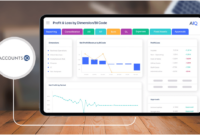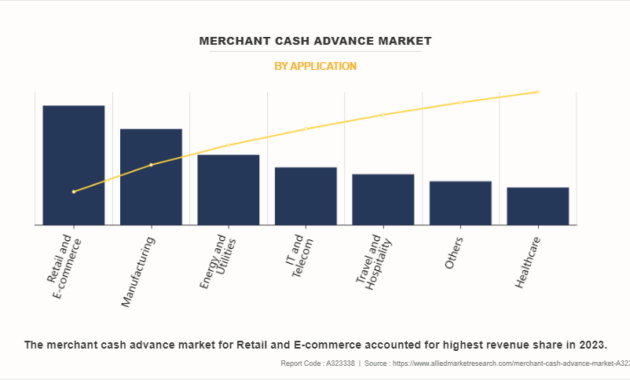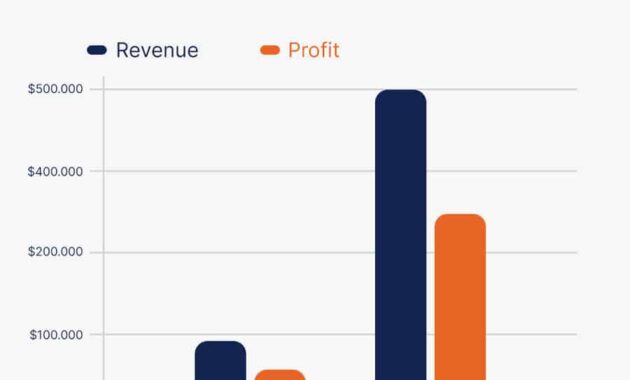Calculating Credit Card Processing Fees: A Comprehensive Guide
As a business owner, it’s crucial to understand the intricacies of credit card processing fees. These charges can significantly impact your bottom line, so it’s essential to calculate them accurately. Here’s a comprehensive guide to help you navigate the complexities of credit card processing fees and make informed decisions.
Types of Credit Card Processing Fees
Interchange fees, network fees, and gateway fees are the most common charges associated with credit card processing. Interchange fees are charged by the issuing bank to the acquiring bank for every transaction. Network fees are assessed by the credit card networks (e.g., Visa, Mastercard) for providing the infrastructure that supports transactions. Gateway fees are paid to the payment gateway that facilitates the authorization and processing of transactions.
Interchange Fees: The Heart of the Matter
Interchange fees are the largest component of credit card processing fees, typically ranging from 1% to 3% of the transaction amount. These fees are determined by various factors, including the type of card used, the industry in which the business operates, and the card issuer’s risk assessment of the transaction. Visa and Mastercard set the interchange rates, which are periodically updated and made available to the public.
The complexity of interchange fees doesn’t end there. Different card types have different interchange rates, with premium cards (e.g., rewards cards) commanding higher fees. Moreover, certain industries face higher interchange rates than others, particularly those with higher risk of fraud or chargebacks. For example, businesses in the travel and hospitality industries typically pay higher interchange fees compared to retail businesses.
Additionally, card issuers may levy additional fees on transactions, such as balance transfer fees, cash advance fees, and foreign transaction fees. These fees are specific to the card issuer and may vary based on the terms and conditions of the cardholder agreement. Understanding these additional fees is essential to avoid any unpleasant surprises when calculating processing costs.
To mitigate the impact of interchange fees, businesses can employ various strategies. Negotiating lower rates with the acquiring bank is one option. Another strategy is to encourage customers to use debit cards or cash, which typically have lower processing fees. Additionally, businesses can consider implementing surcharges for credit card transactions, although this approach may affect customer satisfaction.
Calculating Credit Card Processing Fees: A Comprehensive Guide
Navigating the world of credit card processing fees can be a daunting task. Don’t worry; this in-depth guide will provide you with the tools you need to comprehend and calculate these fees effortlessly.
Components of Credit Card Processing Fees
Credit card processing fees consist of four primary elements:
- Interchange fee: A fee paid by the merchant to the credit card network (e.g., Visa, Mastercard).
- Assessment fee: A fee paid by the merchant to their credit card processor.
- Gateway fee: A fee charged by the gateway provider for processing transactions.
- PCI compliance fee: A fee imposed on merchants to ensure they meet industry security standards.
- Calculate the interchange fee: Multiply the interchange rate by the transaction amount.
Example: Interchange rate of 2% and transaction amount of $100 results in an interchange fee of $2. - Add the assessment fee: Typically a fixed percentage of the transaction amount.
Example: Assessment fee of 0.25% and transaction amount of $100 yields an assessment fee of $0.25. - Include the gateway fee: Usually a flat fee per transaction.
Example: Gateway fee of $0.10 per transaction results in a gateway fee of $0.10. - Consider the PCI compliance fee: This fee varies based on the merchant’s payment processing volume.
Example: PCI compliance fee of $100 per month for merchants processing over $10,000 monthly.
How to Calculate Credit Card Processing Fees
To estimate the total processing fee for a transaction, follow these simple steps:
Total processing fee: The sum of the interchange fee, assessment fee, gateway fee, and PCI compliance fee.
Example: Interchange fee of $2, assessment fee of $0.25, gateway fee of $0.10, and PCI compliance fee of $0 results in a total processing fee of $2.35.












